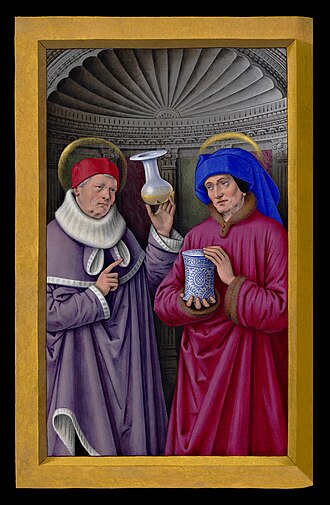
BRISTOL, CT — ESPN will bring its 45 years of sports coverage to a close as it shifts to exclusively covering the WNBA.
Read More
BRISTOL, CT — ESPN will bring its 45 years of sports coverage to a close as it shifts to exclusively covering the WNBA.
Read More
MANCHESTER, U.K. — Police in Great Britain are working to determine the motive of a man named Jihad Jewkiller who attacked a synagogue earlier this week.
Read More